When attending private events, follow these five mobile photo ethics: First, respect the host's guidelines and any photography restrictions. Second, always ask permission before posting photos online, specifying where and which images you plan to share. Third, limit disruptive flash photography by using natural light or your phone's low-light settings. Fourth, be mindful of others' privacy, especially when it comes to children or sensitive moments. Finally, prioritize your personal enjoyment by balancing photo-taking with active participation. By adhering to these principles, you'll guarantee you're a considerate guest while still capturing memorable moments. Discover how to master the art of respectful event photography and enhance your overall experience.
Respect Host's Photography Guidelines
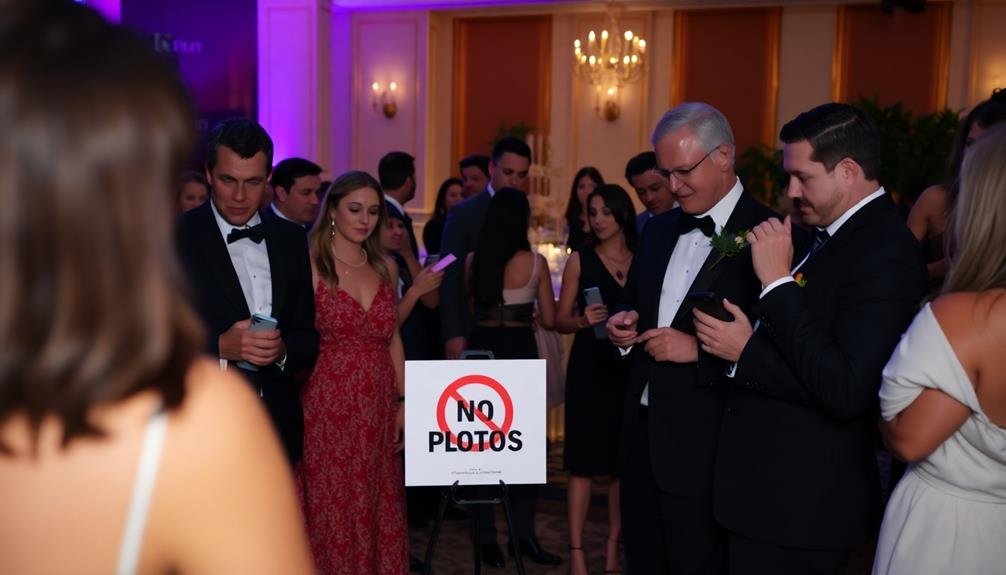
A host's wishes regarding photography at their private event should be your top priority. Before attending, inquire about any specific guidelines or restrictions they've set. Some hosts may prohibit photography entirely, while others might limit it to certain times or areas. If you're unsure, always ask for permission before taking out your phone.
Pay attention to verbal announcements or posted signs regarding photography rules. The host may request that guests refrain from posting photos on social media or sharing them without approval. Respect these boundaries, as they're often in place to protect privacy or maintain a specific atmosphere.
If photography is allowed, be discreet and mindful of your surroundings. Don't disrupt the event or other guests with constant picture-taking. Use silent mode on your phone and avoid using flash unless explicitly permitted.
Remember that your primary role is as a guest, not a photographer. When in doubt, err on the side of caution. It's better to miss a photo opportunity than to make the host or other guests uncomfortable.
Ask Permission Before Posting
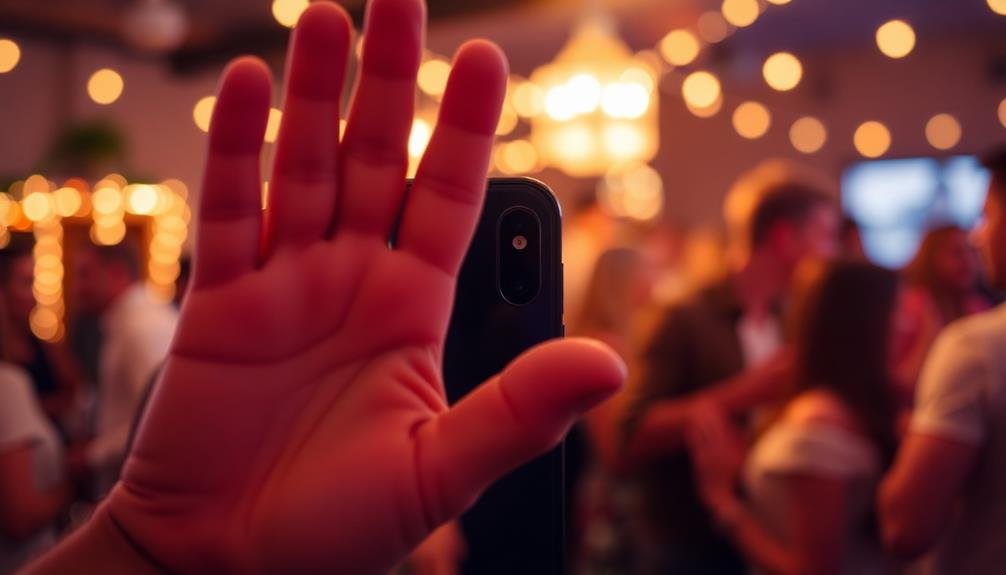
Even if you've been given permission to take photos at a private event, posting them online is an entirely different matter. Always ask the host or event organizer before sharing any images on social media or other platforms. This simple act of courtesy can prevent potential embarrassment, conflicts, or privacy breaches.
When seeking permission to post, consider the following points:
- Explain where you plan to share the photos (e.g., Instagram, Facebook, personal blog)
- Specify which photos you'd like to post
- Ask if there are any individuals who shouldn't be included
- Inquire about any preferred hashtags or captions
- Offer to send the photos to the host for their approval first
Remember that some guests mightn't want their images shared publicly, even if the host approves. If you're unsure, it's best to err on the side of caution and ask individuals for their consent before posting photos that prominently feature them.
Limit Disruptive Flash Photography
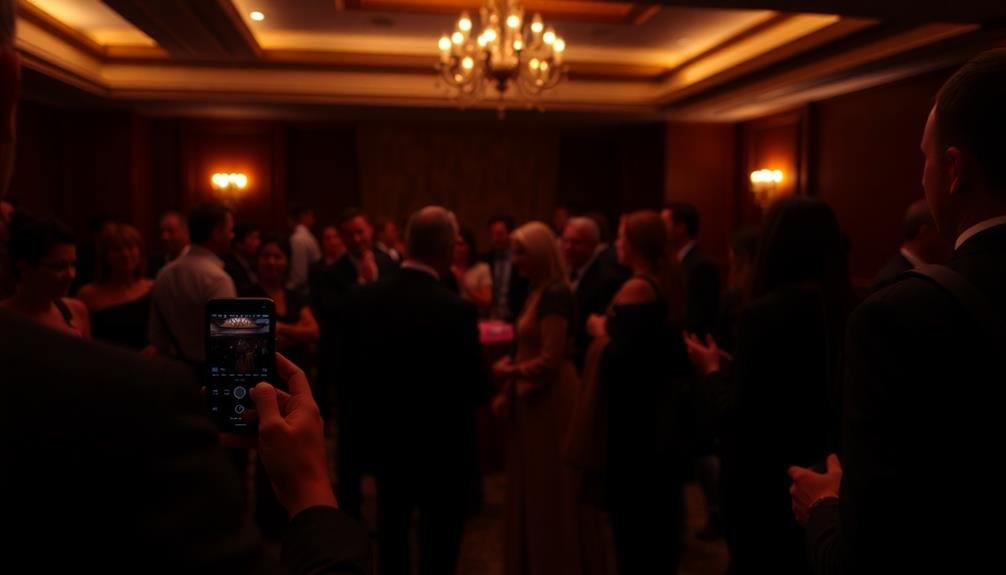
During private events, flash photography can be disruptive and distracting. It's important to be mindful of your surroundings and the event's atmosphere when using your mobile device to take photos. Excessive flash can interfere with other guests' enjoyment, disturb the event's flow, and even ruin professional photographers' shots.
To minimize disruption, turn off your phone's flash and rely on natural or ambient lighting whenever possible. If you must use flash, be selective and considerate. Limit your flash photos to key moments, and avoid using it during speeches, performances, or quiet ceremonies.
Position yourself discreetly to avoid blocking others' views or interfering with the event's proceedings. Consider using your phone's night mode or low-light settings instead of flash. These features can often produce better results without causing disturbance.
If you're struggling to capture clear images without flash, it might be best to put your phone away and simply enjoy the moment. Remember, the event host has likely hired professional photographers to document important moments, so there's no need for you to capture every detail.
Be Mindful of Others' Privacy
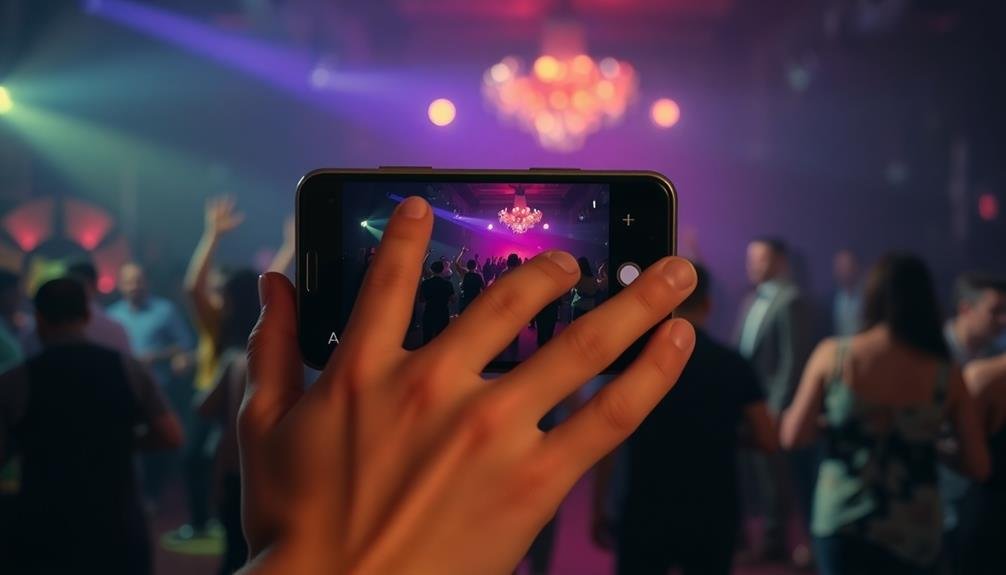
When it comes to taking photos at private events, respecting others' privacy should be your top priority.
You're there to capture memories, not invade personal space or make anyone uncomfortable. Remember that not everyone wants their image shared online or even taken at all.
Before snapping photos of guests, always ask for permission. Some may decline, and you'll need to respect their wishes.
Be especially cautious when photographing children, as their parents may have specific concerns about their images being shared.
To guarantee you're being mindful of others' privacy, follow these guidelines:
- Don't share photos without consent from those pictured
- Avoid capturing sensitive moments or compromising situations
- Be aware of your surroundings and others' personal space
- Respect "no photo" zones or requests from the event organizers
- Consider the potential consequences of sharing images online
Focus on Personal Enjoyment
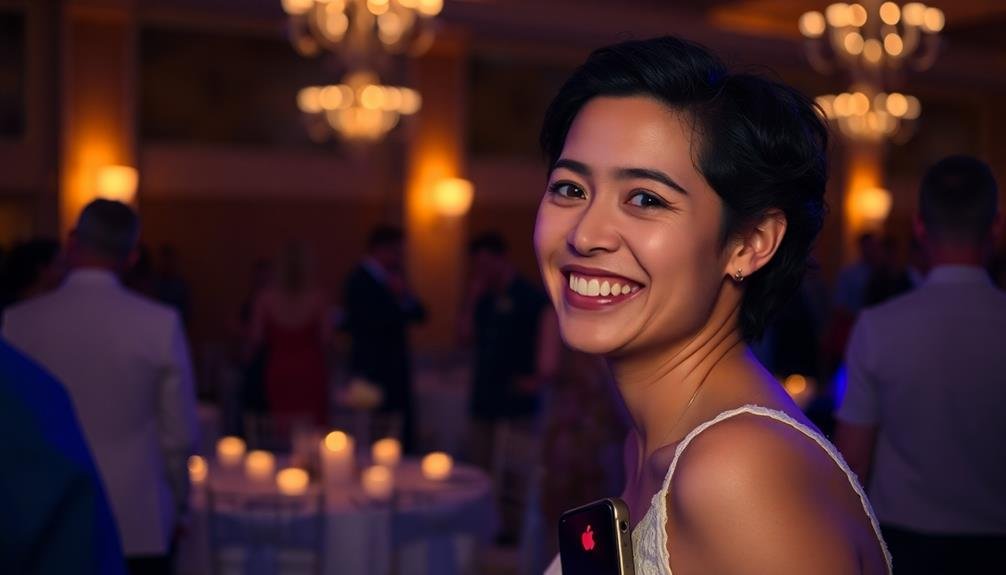
While capturing moments is important, don't let your camera become a barrier to your own enjoyment of the event. Remember, you're there to participate, not just document. Set limits on your photo-taking time and focus on being present. Engage with other guests, savor the food, and immerse yourself in the atmosphere.
Consider alternating between periods of photography and full engagement. This approach allows you to capture key moments while still fully experiencing the event. When you do take photos, be efficient and purposeful. Choose quality over quantity, aiming for a few meaningful shots rather than countless mediocre ones.
Here's a quick guide to balancing photography and enjoyment:
| Time | Photography | Engagement | Enjoyment Level |
|---|---|---|---|
| Arrival | Capture venue | Greet others | Moderate |
| Main event | Key moments | Active participation | High |
| Socializing | Group photos | Conversations | High |
| Departure | Final shots | Goodbyes | Moderate |
Frequently Asked Questions
How Can I Politely Ask Someone to Delete a Photo of Me?
You can politely ask someone to delete a photo of you by saying, "I'm not comfortable with that picture. Would you mind deleting it?" Be friendly but firm, and explain your reasons if necessary. They'll likely understand.
What's the Etiquette for Photographing Children at Private Events?
You should always ask parents' permission before photographing children at private events. Don't share or post images without explicit consent. Be respectful of privacy concerns and follow any event-specific rules regarding photography of minors.
Should I Watermark Photos Before Sharing Them on Social Media?
You shouldn't watermark photos before sharing on social media. It's unnecessary for personal shots and can detract from the image. Instead, focus on privacy settings and tagging etiquette to protect your photos and respect others' privacy.
How Long Should I Wait Before Posting Event Photos Online?
You should wait at least 24 hours before posting event photos online. This gives the host and attendees time to share their own content first. It's polite to let others set the tone for sharing.
Are There Legal Implications for Sharing Photos From Private Events?
Yes, there can be legal issues when sharing private event photos. You're potentially violating privacy rights, copyright laws, or event agreements. Always get permission before posting, and be cautious about sharing images of minors or sensitive situations.
In Summary
You've now got the tools to be a responsible mobile photographer at private events. Remember, it's all about respecting the host's wishes, being considerate of others, and prioritizing your own enjoyment. By following these guidelines, you'll capture meaningful memories while maintaining good etiquette. So go ahead, snap away – but do it thoughtfully. Your hosts and fellow guests will appreciate your mindfulness, and you'll create a more positive experience for everyone involved.
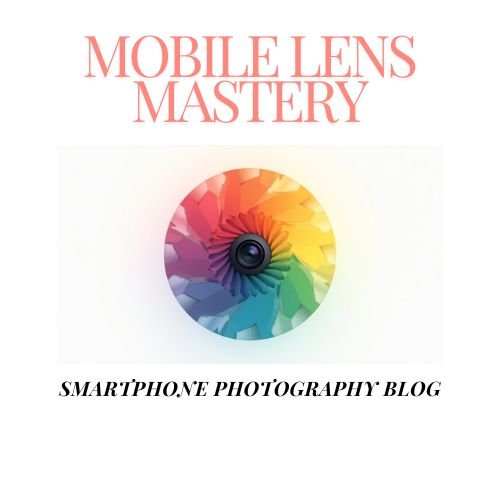
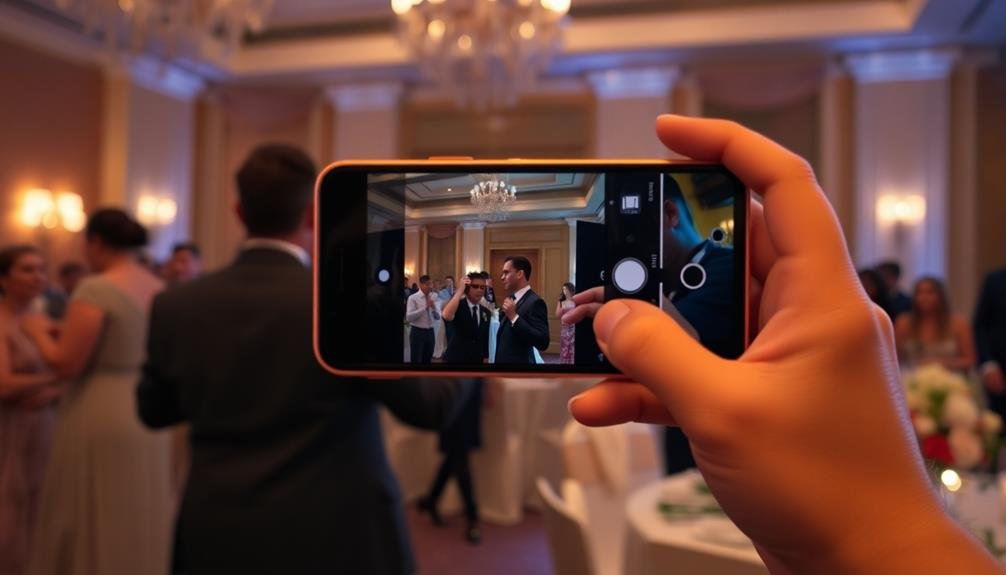
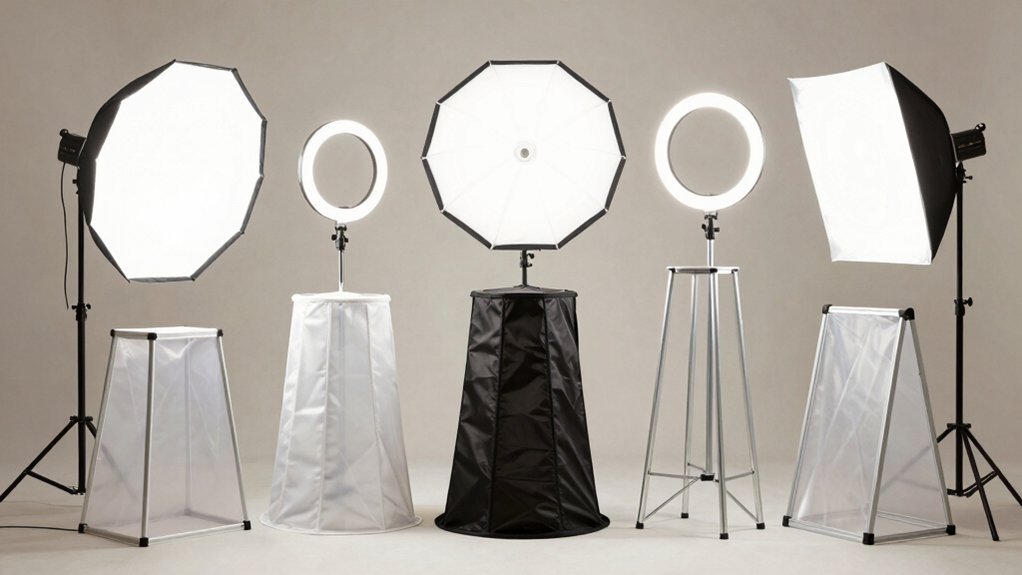
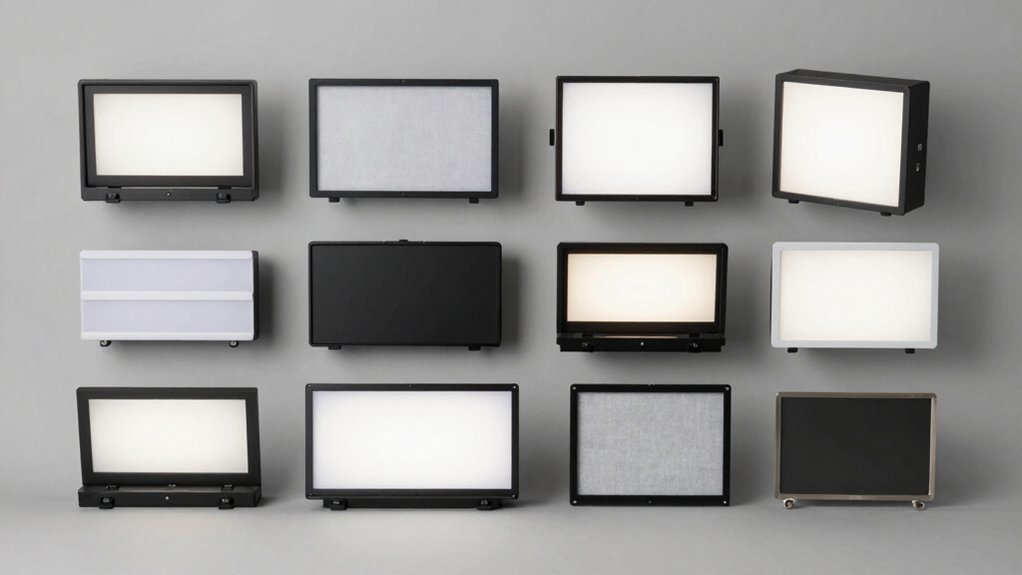
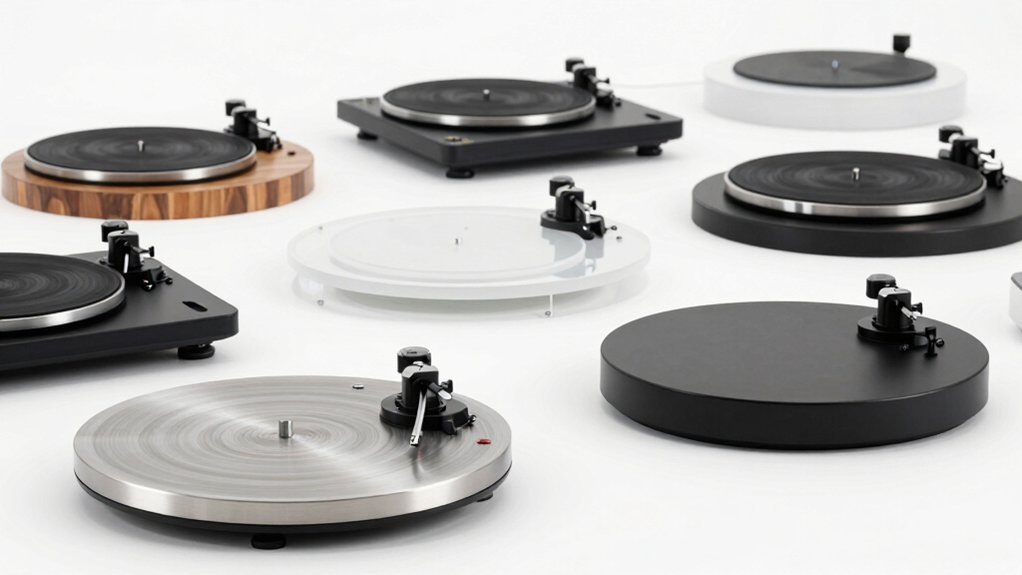
Leave a Reply